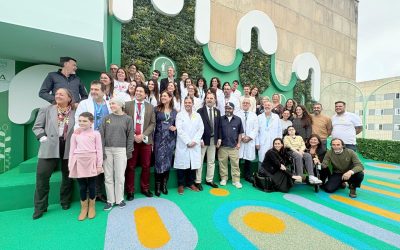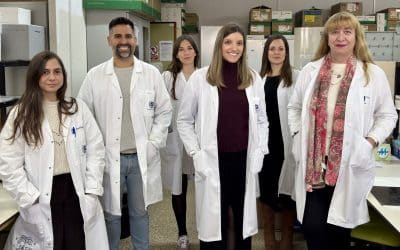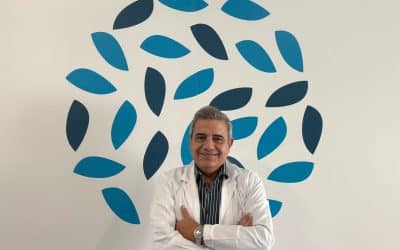This third node located in Marchena joins the Antequera (Malaga) and Maracena (Granada) nodes already participating in the IMPaCT Cohort project.
The project, promoted by the Instituto de Salud Carlos III through the CIBER, involves 21 institutions and the Primary Care services of all the autonomous communities.
The IMPaCT Cohort study begins on 20 June in Marchena (Seville). The aim of the study is to carry out an exhaustive health study of 200,000 people representative of the Spanish population over the next 20 years in order to better understand the origin of the main diseases and thus help to prevent and treat them. Seville thus becomes the third Andalusian node to participate in this national study, which already involved Antequera (Malaga) and Maracena (Granada).
This study, coordinated by Jorge Caro Bautista, from the IBIMA -Instituto de Investigación Biomédica de Málaga-, will be carried out in the health centre of Marchena, belonging to the Osuna Health Management Area, from where residents of 4 localities will be called: Marchena, Osuna, La Puebla de Cazalla and La Luisiana, between 16 and 79 years of age.
The project will collect information from participants through questionnaires, physical examinations, physiological tests and biomarker analysis, which will be carried out at the health centre. ‘The collaboration of the public is essential. We are confident that the population served at the Marchena health centre will understand the potential of the project, which will have an impact on improving the health of the entire population, and will participate if they are called from their health centre,’ says Jorge Caro.
The project is promoted by the Instituto de Salud Carlos III through the CIBER (Centro de Investigación Biomédica en Red) and aims to create a large population cohort of 200,000 people. ‘We want to know the role of habits, genetic susceptibility and the specific characteristics of the Spanish population and those of our environment in the origin of the main health problems and in the prediction of diseases,’ says Jorge Caro.
A project by all and for all
To prevent the onset of a disease, it is necessary to know what causes the disease. Thus, having information on a large number of people and following them over time will make it possible to predict future risks of disease at the individual level, thanks also to advances in genomics, the digital environment and ICT, which facilitate this personalised approach.
Cohort projects are studies in which a large group of people representative of the population is selected to collect comprehensive data on each individual participant over a period of years.
Twenty-one Spanish institutions are collaborating in the IMPaCT Cohort, including primary care centres, hospitals and research centres, and the National Statistics Institute (INE). This important project, whose scientific coordination is carried out by CIBER, has the advice and participation of numerous researchers and professionals in our country.
The study is planned to be implemented in 50 health centres (IMPaCT centres) throughout Spain, where randomly selected participants will be contacted and monitored.
‘If you are called, come!
Citizen participation in the project began last March with the pilot study, which started to be developed in the first IMPaCT centres in Mallorca and Madrid. Subsequently, the project has started in other centres in different autonomous communities.
Thus, people belonging to the health centre of Marchena can be contacted to participate in the study. The project coordinators are calling on citizens to participate: ‘if you receive a call from your centre, don't hesitate, come along’. Link to the call for participation video (by IMPaCT technicians: https://www.youtube.com/watch?v=GzbICLLLNlo and by participants: https://www.youtube.com/watch?v=ouVYgI2Ytw4).



